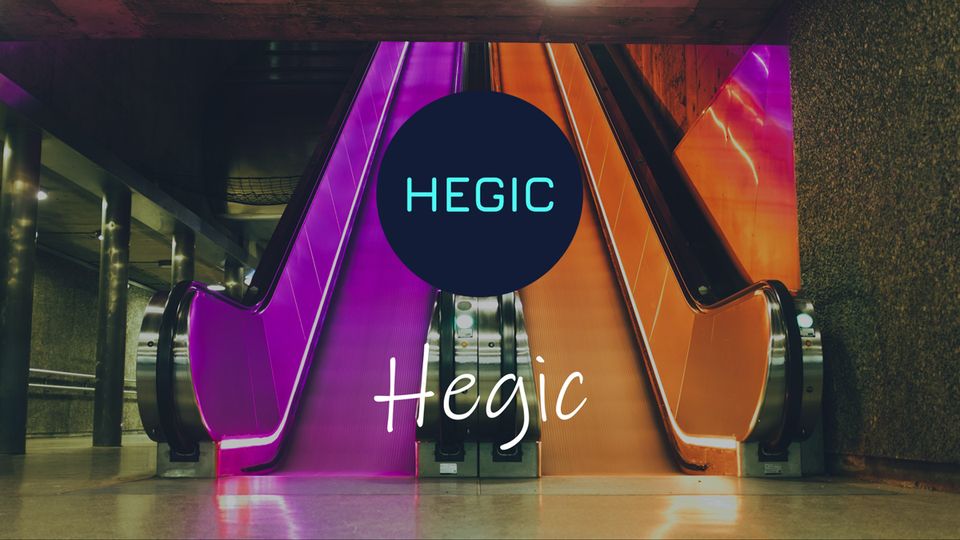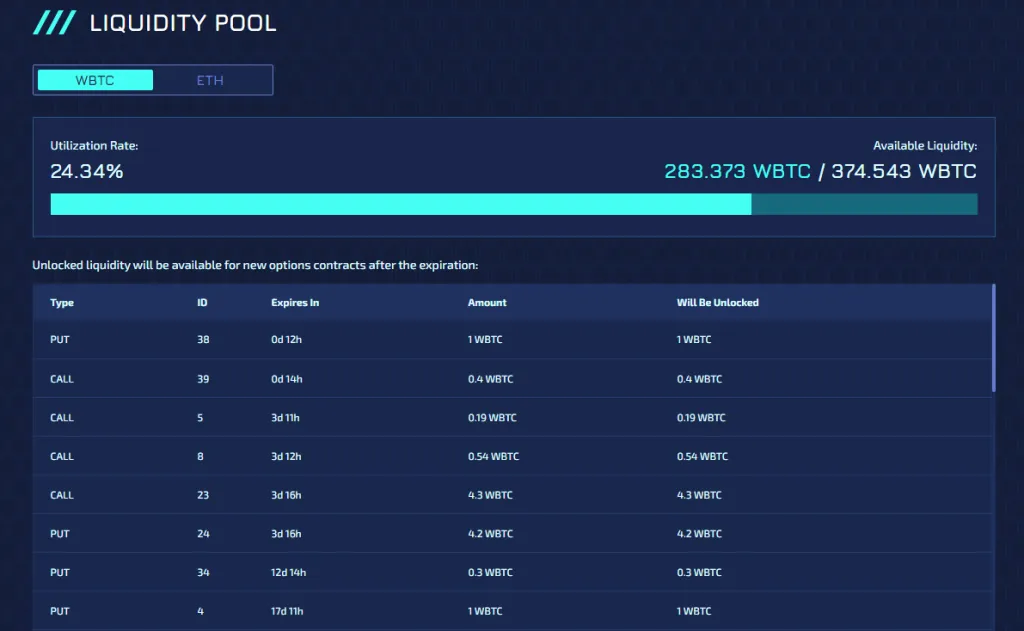Hegic brings Liquidity Mining to DeFi Options Trading

Following a security audit from Peckshield, the decentralized options platform Hegic launched its beta mainnet. Hegic v888 features the much-awaited transition to bidirectional liquidity pools for ETH and WBTC. As a result, the protocol’s liquidity providers and option holders will start earning rewards through the new HEGIC liquidity mining programs.
What is Hegic?
Hegic is an options trading protocol built on Ethereum. The protocol enables the creation of options with customized strike prices and expiries – entirely on-chain, permissionless, and non-custodial. Users can then buy or sell calls and put options for ETH or WBTC using Hegic. Options are seen as an integral part of traditional financial services because they allow traders to implement powerful risk management strategies.

With Ethereum’s DeFi stack growing bigger every week, a true solution for creating and trading options looks like a necessity. Hegic finds competition in the form of Yearn Finance insurance and Opyn.
You May Also Like:
- BitGo will bring Wrapped BTC and ETH to Tron DeFi
- What is Pickle Finance? Bringing Stability to DeFi
- A Full-Stack DeFi Protocol with Xfinance
However, this will be the first decentralized options protocol rewarding its users which may give Hegic the edge. In total, 1,650,000 tokens have been allocated towards Hegic’s phase one of its liquidity mining program.
Popular options contracts… The v888 launch added support for Bitcoin through WBTC. Given that Ethereum and Bitcoin are the most popular option contracts on centralized platforms such as Deribit, this is a great move by Hegic for future growth.
- Molly Wintermute, the project’s anonymous creator, has reminded everyone that the smart contracts are still in beta: use with caution!
Why v888… A lucrative staking reward is also available for Hegic token holders with a balance of over 888,000 – roughly $70,000 at the time of writing. They can stake their holdings in lots, and lot owners will earn 1% in fees on all the options sold through the protocol. In return, these stakers are responsible for protocol governance.
